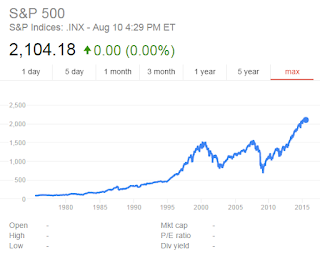Most American’s
have been sold into debt and with little savings to show. We are constantly marketed too. Weekly my mail contains credit card offers,
personal loans, car loans, and Victoria secret catalogs. Some of us bite into these offers, using debt
to accumulate things we didn’t need. But
those ads on TV sold us!
I struggled with
my personal finances, even though I made a great salary. The amount you make doesn’t necessary reduce
any stress in personal finance, the more you make the more you spend. I made a lot of stupid purchases, which cost
me. In 2007, I used a credit card to
finance my home remodeling and my other shopping habits/addictions. Initially I racked up nearly 20K. My sister
walked me through paying it down in a little over a year. However, I really didn’t analyze the
stupidity of what I did. So, I just
repeated this again, using two credit cards to rack up another 30K. The house is still in a remodeling state and
I have a couple video games that are in original packaging – and I don’t think
they will become collector’s items.
Also, did I mention I have a projector for sale, never used?
The second time I
did this I was ashamed of what I did. In 2009 my coworker saw how stressed I was,
because all the money I earned belonged to banks in America, well most of it. He was concerned and suggested to abandon my
dependence on credit cards. So I did the
smart move, I cut up the cards and paid the minimal payments – did I mention I
have a PhD in Stupidity. Yes, I didn’t
pay down the balance, and allowed the lending companies to generate over $5000 a
year off my balance. Talk about hardcore stupid tax. At least I received nice Christmas cards from
the CEOs of credit lending companies.
To kick off the
new year of 2011, I re-watched “Maxed Out”, and read a couple of books by Dave
Ramsey and Elizabeth Warren (see below). They advocate
building an emergency fund to help end those false dependencies on the credit
cards.
·
So step 1 for me was making sure all my credit
cards were shredded. I also had to
disable them on internet sites that save them, such as Amazon and eBay. I found even after cutting, I was still tempted
to purchase stuff using them on those sites.
·
Step 2, I loaded my savings account with
cash. It was a comfort to have a
thousand plus as a buffer for any minor rainy days. Which totally happened, and I wasn’t as
stressed. Just re-fill the buffer with
each pay check, novel huh.
·
Step 3, pay off the credit cards and loans. I
separated mine by their interest rate, e.g. credits cards first followed by
student loans.
·
Step 4, build a huge emergency funds for
several months.
To keep motivated I constructed an
awesome excel sheet for all my debts.
Each time I paid something down I emailed a progress report to my family
for encouragement – my family was a big support. It was amazing how much more I learned about
financial management from just trying to become debt free. I got excited about savings, investments,
insurance, home ownership, and finally felt like an adult with a plan. Try it!
Although I am not
out of the woods yet, I still have student loans to pay off (<3k). The real change
this year (2011) was at Christmas I did not receive any holiday greeting cards
from the credit card companies.
Needless to say I am okay without the credit cards, because I have
something better – cash.
|
Teresa A. Sullivan...
|
Elizabeth Warren, ...
|
|
Vicki Robin, Joe D...
|
|






